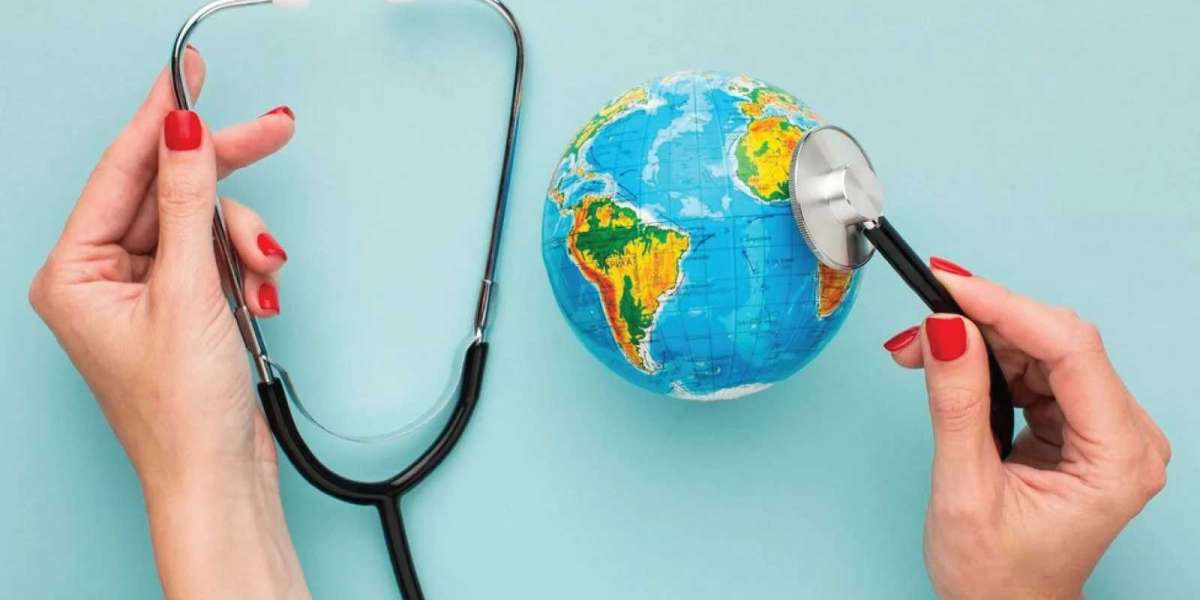World Health Day, celebrated annually on April 7th, marks a powerful moment for individuals, communities, and governments to reflect on the state of global health. Established by the World Health Organization (WHO), this day serves as both a celebration of health milestones and a reminder of the persistent gaps that still exist. In 2025, the spotlight continues to shine on the importance of health equity, accessibility, and the urgent need for coordinated efforts to improve physical and mental well-being for every person, everywhere.
1. The Origin and Purpose of World Health Day
World Health Day was founded in 1948 alongside the creation of the WHO. Since 1950, April 7th has been observed as a global health awareness day. Each year, the theme highlights a priority area in public health, aiming to inspire action and collaboration across governments, institutions, and communities. It emphasizes the collective responsibility we all share in shaping a healthier world.
2. 2025 Focus: Advancing Health Equity
This year’s theme centers around health equity—a critical issue that affects millions globally. Disparities in access to healthcare, clean water, nutritious food, and safe housing continue to marginalize vulnerable populations. World Health Day 2025 calls for breaking down these barriers and ensuring that quality healthcare is not a privilege, but a basic human right.
3. Mental Health as a Central Priority
Mental health is now recognized as a pillar of holistic well-being. In 2025, more initiatives are focused on reducing stigma, expanding mental health services, and integrating psychological care into primary health systems. The pandemic underscored the importance of mental resilience, and World Health Day reminds us that mental wellness deserves as much attention as physical health.
4. The Role of Technology in Modern Healthcare
Technology has become a catalyst for change in global health. Telemedicine, AI-powered diagnostics, wearable health devices, and digital health platforms are transforming how care is delivered and accessed. These innovations are especially vital in remote and underserved areas, helping to bridge the gap in service delivery and patient engagement.
5. Encouraging Policy Change and Global Unity
World Health Day is not only a moment for awareness but also for action. Governments and health organizations are urged to invest in stronger healthcare systems, equitable vaccine distribution, and climate-resilient infrastructure. International cooperation remains essential to confronting shared challenges like pandemics, chronic diseases, and health impacts of climate change.
6. Taking Action: What Individuals Can Do
Everyone has a role in supporting global health. Whether it’s volunteering, adopting healthier lifestyles, advocating for inclusive health policies, or supporting mental health in their communities, individual actions—when multiplied—can have a significant impact. World Health Day is a reminder that small changes contribute to larger global outcomes.
For More Info: https://bi-journal.com/world-health-day/
Conclusion
World Health Day is more than a symbolic date on the calendar—it’s a global movement for a healthier, more equitable world. In 2025, as we confront modern health challenges, the message is clear: health must be prioritized not only in policies and funding but in everyday actions. By embracing inclusivity, innovation, and compassion, we can move closer to a future where health is truly accessible for all.







